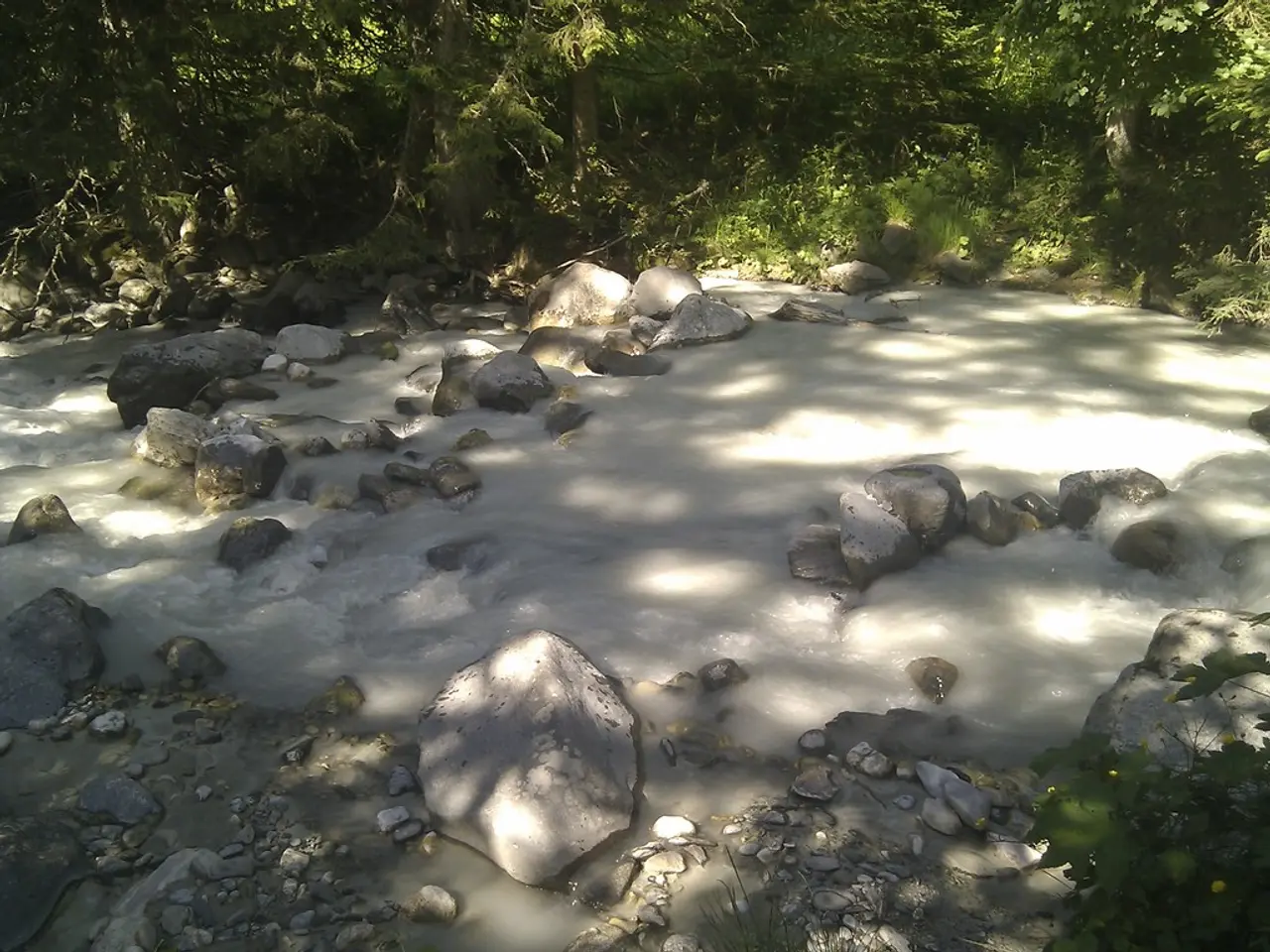South Africa's Cities Tackle Water Crises with Community-Based Solutions
South Africa, a country facing severe water challenges, has seen devastating floods and droughts in recent years. Two of its major cities, Cape Town and eThekwini, have been at the forefront of these crises, but they've also demonstrated how community-based approaches can bolster urban water resilience.
In 2018, Cape Town narrowly avoided 'Day Zero', when reservoirs would have run dry due to a severe drought. The city's water fund has since invested millions in removing invasive alien plants and restoring catchment areas. These efforts have freed up over 17 billion liters of water annually, benefiting both water security and ecosystem health.
In 2022, eThekwini Municipality experienced one of the deadliest and most damaging floods in South Africa's history, with over 400 lives lost and $1.5 billion in damages. In response, the city's Transformative Riverine Management Programme (TRMP) is aligning communities, government, and businesses around river restoration and protection. The TRMP has shown that every dollar spent on riverine resilience can generate between 1.8 and 3.4 times its value in broader benefits.
South Africa, one of the driest countries in the world, is taking steps to protect its water resources. By removing invasive plants, restoring catchment areas, and fostering community-based approaches, cities like Cape Town and eThekwini are strengthening their urban water resilience. These efforts not only safeguard water supplies but also enhance ecosystem health and generate broader benefits.








